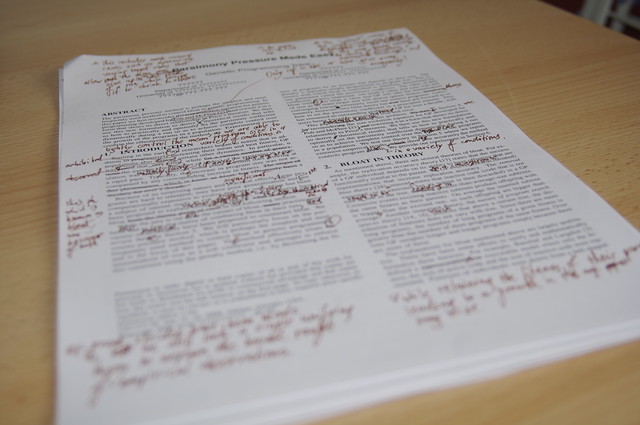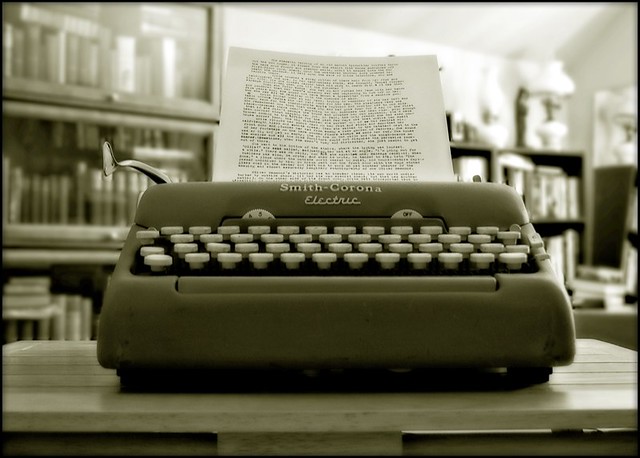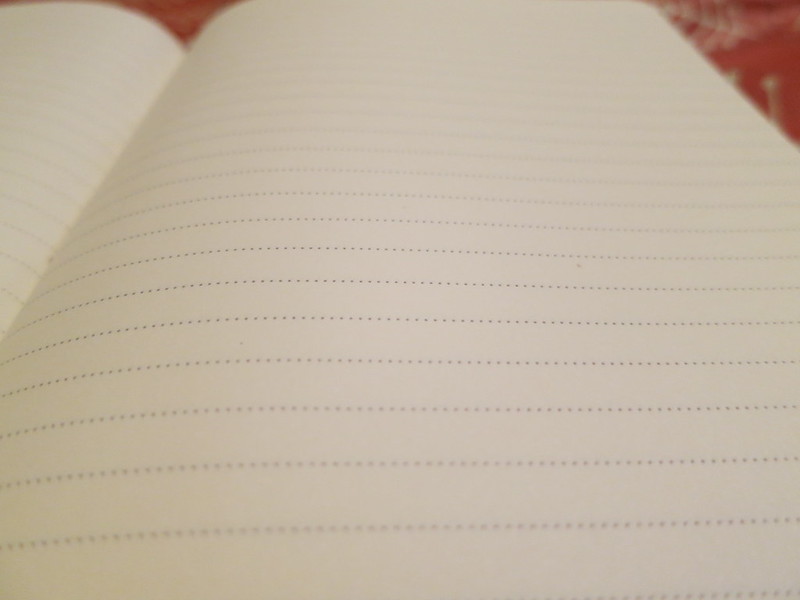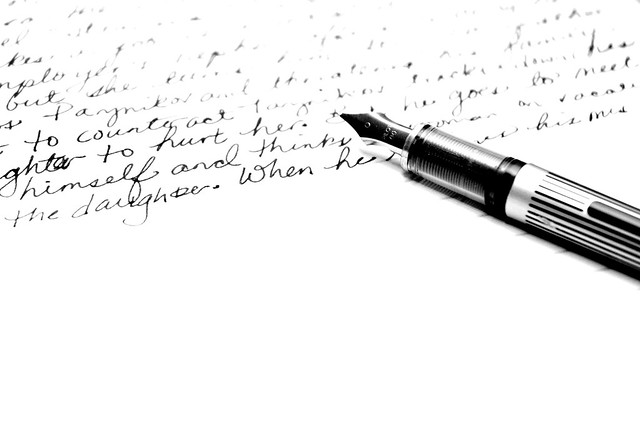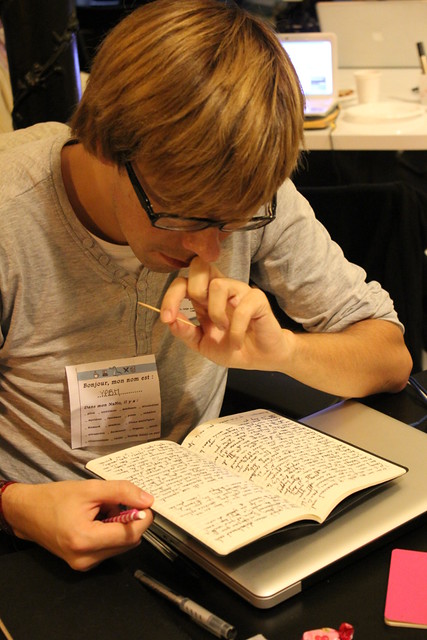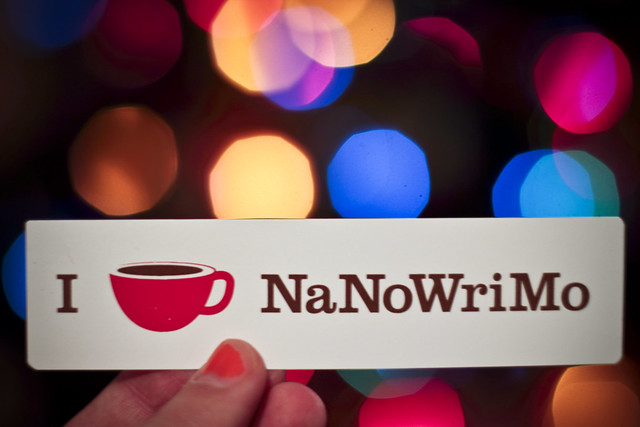 |
| Photo credit: Daryl Cauchi on Flickr |
At a first glance, writing doesn't seem like such a terrifying endeavor—I mean, it's not like skydiving from space, or free climbing the Eiffel Tower—but setting down the path of becoming a writer, especially a writer who writes novel-length works, is quite the commitment, and it's not often an easy journey.
That being said, here are four fears that writers often have, and why you shouldn't let them scare you.
- My writing will never be good enough. This isn't a fear exclusive to new writers—writers of all skill levels and experience often worry that their writing isn't any good, that whatever success they've had is a fluke, that secretly they're terrible writers that have been faking it. Writers without publishing credentials, meanwhile worry that their writing is so terrible they'll never be good enough to publish—traditionally or independently.
This is a fear that works against you, especially if you allow it to discourage you into not writing. Regardless of what your skill level is, the only way to improve your writing is to write, and yes, sometimes that means writing badly. But if writers only wrote when they thought their writing was amazing, only the most arrogant of writers would write while everyone else allowed self-doubt to stop them from doing what they love. - I'm wasting my time—this WIP will never be up to par. This tends to be a first draft fear, but it's been known to creep in during revisions, as well. No one ever said writing was easy, and refining a WIP to completed novel is even more difficult, but the only way that fear will come true is if you give up on the WIP. Work hard, revise, get tons of feedback and revise again and you'll reach a level of refinement that you hadn't originally thought possible.
- I'll never finish anything. In many ways, completing your first novel is the most difficult—particularly when you've started and abandoned writing projects in the past. I've written about this before, but just because you haven't finished a novel yet doesn't mean that you can't—it just means you have to sit down and be patient with yourself and the process, and persevere through the monumental task of completing a novel.
- I'll never be published. This, to me, is the scariest fear because it may actually be true. But this isn't a fear that I want to debunk, per say—it's one that I think every writer should come to terms with. No, you might not get published. There's a very real possibility that the novel you're writing, and the next one after that and after that may eventually end up in the drawer. But if your sole purpose of writing is to get published, then you might want to re-evaluate your reasons for putting words to the page. Getting published should never be your sole reason for writing, but if you can continue to write knowing that you may never be published, then you're on the right track.
What writing fears have you fought against? Any extra tips for overcoming them?








